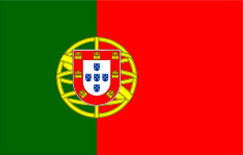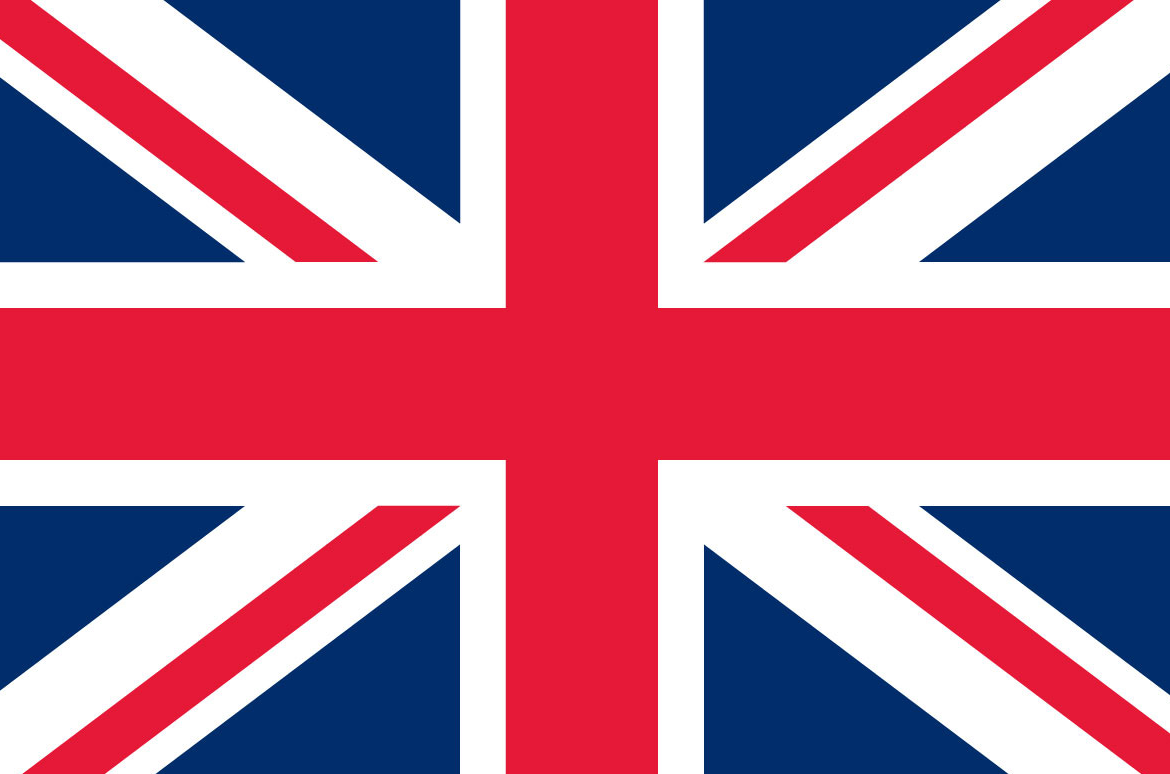Ballast Water (BWM)
Ballast Water (BWM)
Breadcrumbs
- Maritime Administration
- Flag State
- Pollution Prevention
- Ballast Water (BWM)
![]() Framework
Framework
The problem of species introduced into marine environments are commonly called exotic or invasive, through the ballast water of ships, has been a matter of great concern at a global level and it is also considered one of the four major threats to the world's oceans, with deleterious effects on biodiversity, fisheries, tourism and human health, among others. Other threats include marine pollution from land-based sources, the overexploitation of the living resources of the sea and destruction of habitats. In the face of this threat/Faced with this threat, with serious socio-economic consequences, several attempts have been made to prevent and combat the introduction of species, in particular as regards the ballast water of ships in international traffic.
In response to the threat posed by invasive marine species, the United Nations Conference on Environment and Development held in Rio de Janeiro in 1992 called on the International Maritime Organization (IMO) and other international bodies to take measures to deal with the introduction of harmful organisms caused by ships. Subsequently, in 2002, the World Summit on Sustainable Development, held in Johannesburg, South Africa, confirmed the/its commitment to the results achieved at the United Nations Conference on Environment and Development held in Rio de Janeiro in 1992, calling for accelerated development of measures to consider the threat of invasive species in ballast waters and invited the IMO to finalize the Ballast Water Convention.
The IMO, as a United Nations specialized agency responsible for international regulation on ship safety and marine pollution prevention, has positioned itself at the forefront of international efforts to solve ships' ballast water problem, and it has been adopted the resolutions A.774 (18) of 1993 and A.868 (20) of 1997, in order to minimize the transfer of harmful aquatic organisms and pathogens.
In the meantime, a number of/several States have adopted individual measures to prevent, minimize and ultimately eliminate the risks of introducing harmful aquatic organisms and pathogens into ships entering their ports. Recognizing that this concern calls for measures based on globally applicable rules to prevent, minimize and ultimately eliminate the transfer of harmful organisms and pathogens, as well as/and thus also the risks to biodiversity, fisheries, tourism and human health, among others, the IMO adopted, through a Diplomatic Conference held in February 2004, the International Convention for the Control and Management of Ships' Ballast Water and Sediments.
The Convention entered into force on 8 September 2017, having been approved for accession by the Portuguese Government, through Decree No. 23/2017 of 31 July, published in the Official Journal, 1st series, No. 146, dated 31 July 2017, which published it in the English language version, attaching the respective certified translation in Portuguese. Notice No. 7/2018 published in the Official Journal, 1st series, and No. 12 of 17 January of this year, made public that the International Convention for the Control and Management of Ships' Ballast Water and Sediments entered into force in Portugal on 19 January 2018.



